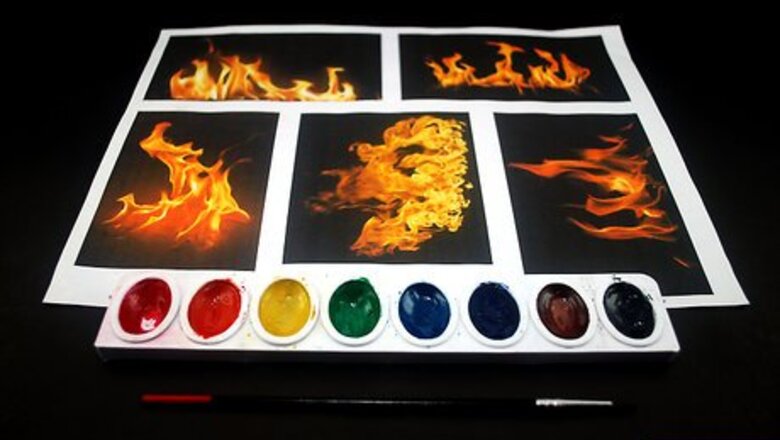
views
While drawing or painting realistic-looking fire might seem very complicated, it's actually not very difficult once you understand what fire is and see how to capture the movement of flames. This article describes the process as applicable to both a computer aided drawing program or pencil/paint on paper.
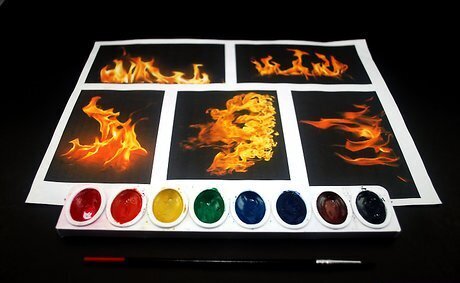
Understand the movement of the fire. Although it might seem challenging initially, movement can be successfully drawn through observation of how the object moves (in this case, fire) and noticing the varying shades and shadows thrown by the movement. Changing perspectives of the movement can also give you a better overall idea of the object's many faceted moves. Stare at a burning fire for a time before going to your drawing; if you don't have a fire, look at a video of a crackling fire online or simply light a match somewhere safe. Common shapes in fire include teardrops and tendrils for the flames and an elliptical shape for the entire space taken up by the fire.
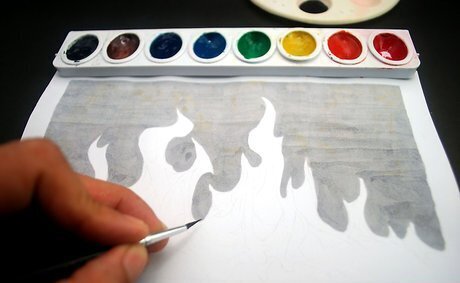
Paint or color the background black or another dark color. A dark color adds intensity to the fire and keeping the background simple to begin with is important to ensure that you concentrate on the fire itself. You can embellish the background more when your fire drawing improves. For the flames, choose a dark orange or reddish color for painting. If you're working on paper rather than on a computer, you can either paint the flames direct or draw them in first and paint next – whichever you're most comfortable with. Start to draw or paint in the shape of a fire. It's good to use a reference for the shape, such as drawing an ellipse within which the fire will remain and you can send the flames up to any of the edges of this ellipse. Use "S" like shapes to form each flame. Join the flames together about a third of the way or midway from the base of the fire and have the flames separated going up from that point. Be sure to vary the height of different flames – no flames remain the same height at the same time and the difference in height gives a greater sense of movement. See How to draw flames for some clear pointers with step-by-step images.
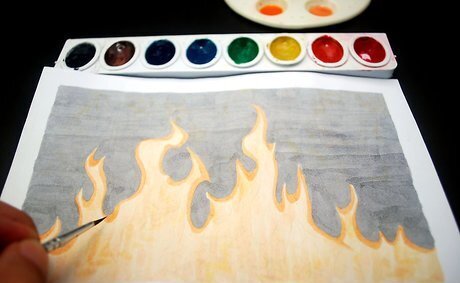
Take a slightly darker colour than the one you used for the base of the fire. Paint the edges of the fire with it. Doing this gives the fire more shape and smoothness, as well as giving an indication of heat and movement. You can do this later, too, if you want to.
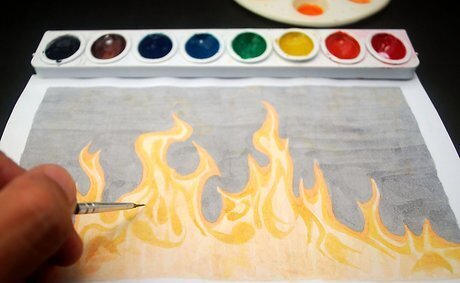
Choose a light yellow or orange colour. Start to colour inside the fire's base, following the shape of the flames. The lighter the colour you choose, the more intense (and hot) the fire will appear to the person viewing it.
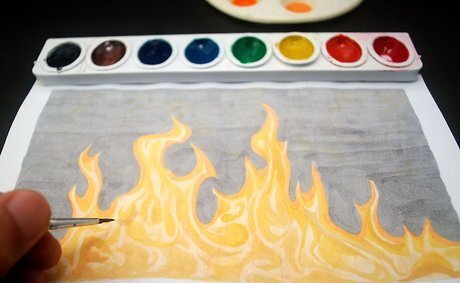
Take a very small paintbrush or pencil and a light, nearly white colour. Again, paint inside the fire following its shape to make it look even more intense and realistic.
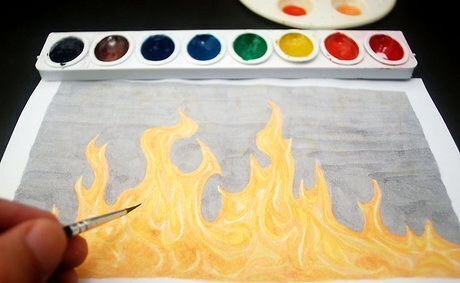
Make any desired changes or adjustments, and you're done!
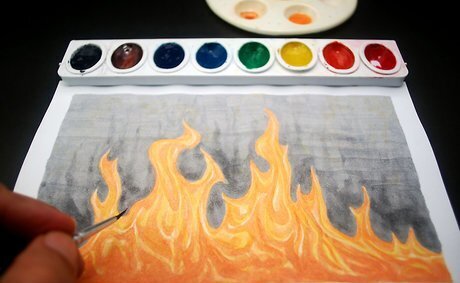
Change the background or embellish the flames. When you're more comfortable with drawing the flames and fire, consider working in a more detailed background. You could also make the flames appear fancier. The following images suggest different ideas for you to try: Fancy flames for an more abstract, funky look. Introducing a subject into the picture. A larger fire. Introducing a character with the fire. Rainbow fire.
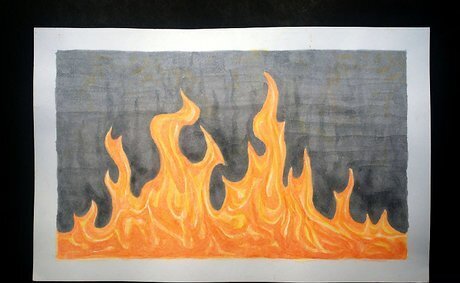
Finished.










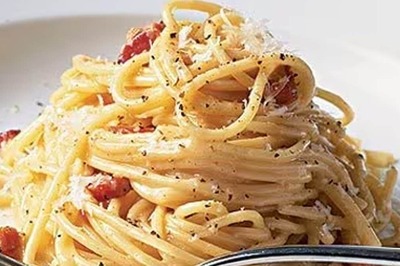

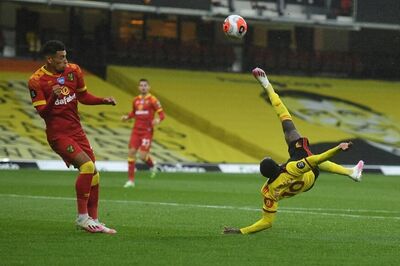

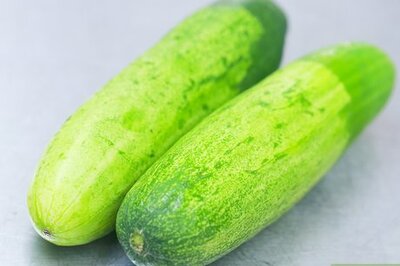
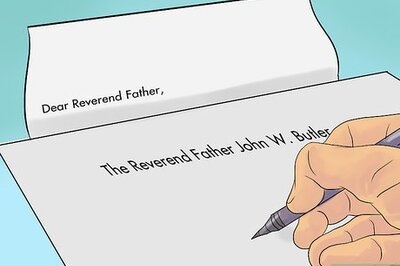
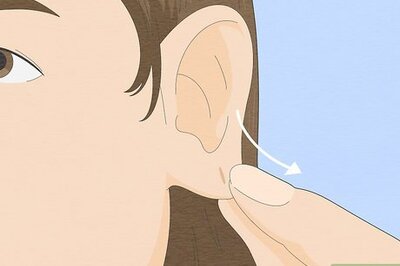
Comments
0 comment